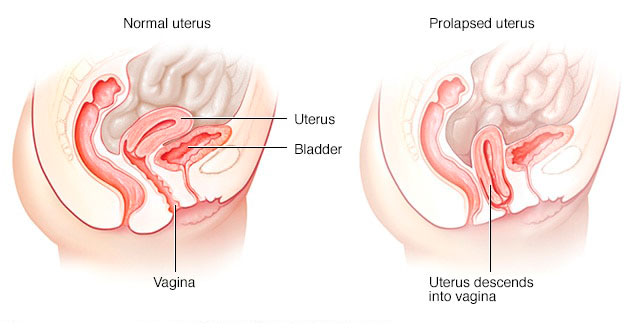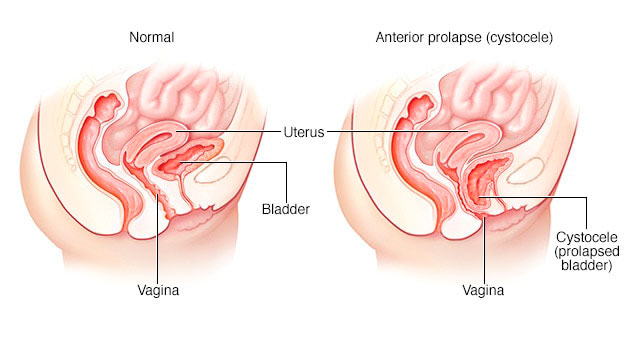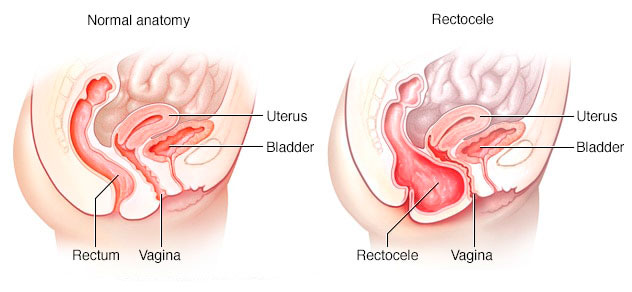MALLANETS, SLU, on its website https://www.mallanetstechtextile.com/, uses cookies and other similar technologies that store and retrieve information when you browse. These technologies may serve various purposes, such as recognising users and obtaining information about the user’s browsing habits. The specific uses we make of these technologies are described in the Cookies Policy.
On this website, we have our own and third-party cookies for accessing and registering users' forms. Information about cookies can be found on the MORE INFORMATION button in the Cookies Policy.
In accordance with the use of cookies approved in July 2023, with the criteria of the European Committee on Data Protection, (CEPD), by the RGPD-UE-2016/679, LSSI-CE-2002/21/CE, update, 09/05/2023, we request your consent for the use of cookies on our website/App.
The technical storage or access is strictly necessary for the legitimate purpose of enabling the use of a specific service explicitly requested by the subscriber or user, or for the sole purpose of carrying out the transmission of a communication over an electronic communications network.
The technical storage or access is necessary for the legitimate purpose of storing preferences that are not requested by the subscriber or user.
The technical storage or access that is used exclusively for statistical purposes.
The technical storage or access that is used exclusively for anonymous statistical purposes. Without a subpoena, voluntary compliance on the part of your Internet Service Provider, or additional records from a third party, information stored or retrieved for this purpose alone cannot usually be used to identify you.
The technical storage or access is required to create user profiles to send advertising, or to track the user on a website or across several websites for similar marketing purposes.




